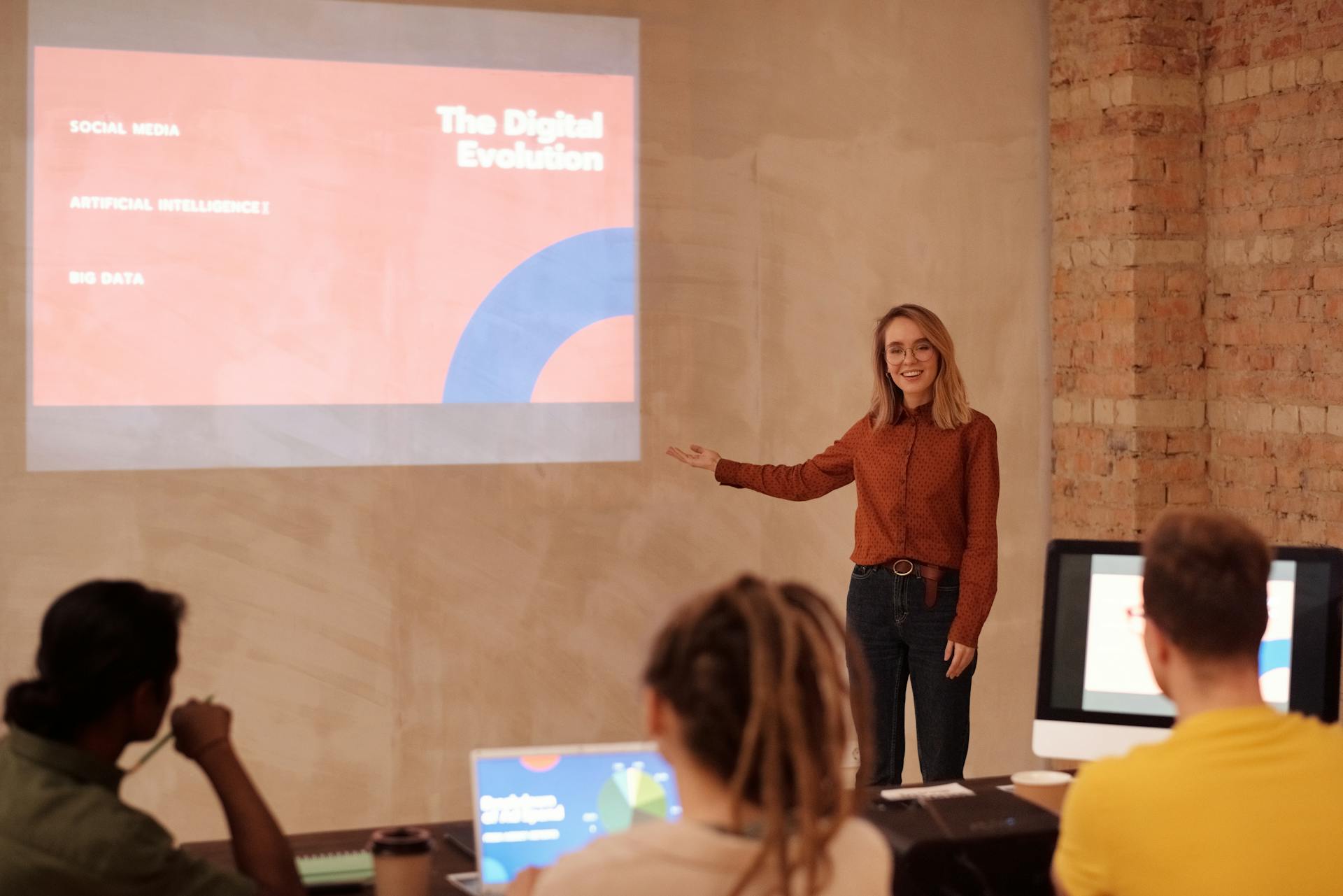
Artificial intelligence tools now can easily do any homework and writing in schools and universities. They can suggest ideas, check grammar, and show instant edits. It speeds up research by summarizing readings. Almost all students feel it transforms their workflow and improves writing confidence. This shows how AI is changing education: it pushes students to rethink study habits. That helps them spend more time on analysis and less on manual tasks. The impact of AI on student learning has both sides: positive and negative sides. It is ongoing instant feedback instead of waiting days for evaluation but also can make youth lazy.
Related Content:
Should you trust AI to write your essays?
AI can help draft essays, but relying entirely on it isn’t ideal. It writes emotionless text that feels flat and misses personal tone. Programs misinterpret context and mix up facts. They may present wrong sources or fabricated data, which is a disaster in academic writing. For deeper work with human resources, students still use online assignment help that transforms raw knowledge into polished text. Experts from this resource connect college students with professional writers who craft essays or reports.
Computers fall short in conveying emotion and nuance. It can introduce inaccuracies or biased language. Plus, AI doesn’t teach students to think independently. Overuse leads to weaker critical thinking and memory gaps. Given these limits, it’s wiser to rely on professionals for essays needing analysis or strong argumentation. It works best as a tool for simple tasks. It’s a helper, not a writer.
Writing Help from AI
Students use artificial thinking to brainstorm or polish writing. It helps overcome writer’s block well. Yet, full automation risks poor quality output.
Here’s how computer can help without taking over:
- Explain grammar rules or punctuation guidelines
- Highlight sentence structure errors
- Suggest synonyms or clearer phrasing
- Format citations in APA or MLA
- Check consistency in headings or numbering
These tasks free writers to focus on analysis and argument. AI offers instant feedback on readability and tone. It can outline sections or create bullet summaries from drafts. Use AI as a coach: ask targeted questions, review its feedback, and adjust your work. That approach combines human insight with computer efficiency and shows how AI is changing education in the best possible way.
Learning That Fits Each Student
Some programs can generate personalized learning plans. These plans adapt to each student’s pace and knowledge gaps. For example, a student can ask for a math concept explanation at any hour. The tool adjusts difficulty based on quiz results, adjusting lessons to the student’s level and style.
Platforms use it to track performance. They note which topics need more practice. If a student struggles with algebra, the system gives extra problems and step‑by‑step feedback. It repeats tricky subjects until mastery.
Adaptive technologies also identify learning patterns. It spots when a student performs well in the mornings or evenings and suggests optimal study times. Mobile apps confirm this. They remind users when attention dips or topics loop too often.
The impact of AI on student learning appears through better topic retention and fewer frustrations. Every learner can get a plan that adjusts in real time. That makes education more dynamic and effective.

Fun Tools That Make Learning Easier
Interactive tools with AI make learning engaging. Students use quizzes, videos, and apps tied to innovative systems. These reinforce skills while keeping lessons lively. The result is learning that feels like play, but reinforces core concepts and builds skills consistently.
- Quizlet
- Khan Academy
- Duolingo
- Coursera
Fast Feedback on Schoolwork
Teachers can set assignments and AI grades objective parts like math or quizzes. It flags mistakes and shows model answers right away.
Students see what they did wrong and get tips on how to improve. This immediate insight helps them correct errors before they forget the material. Some services even grade essays using rubrics and suggest how to strengthen arguments or structure.
This speed boosts motivation. Instead of waiting days, learners get feedback within minutes. They can revise drafts. This aligns with the impact of AI on student learning as understanding of any subject increases.
AI tools also generate progress reports. They highlight strong areas and problem zones. Parents and teachers can review these summaries to support students. It’s a shift from delayed grading to continuous guidance.
Algorithms can’t judge creativity like a person can. But it checks structure, grammar, and math well. It saves teachers time. It helps students stay organized. With quick feedback, students learn faster and feel more sure about their work.
Problems with Using AI Too Much
Overuse of AI comes with risks. Students may stop thinking for themselves. They might forget content because computers do the work. Relying on tools for ideas or answers weakens critical thinking.
- AI still outputs incorrect or misleading content. Researchers call this “hallucination.” Studies show up to 27% of its facts are faulty. Essays may contain made-up sources or bland tones.
- Detection software can mislabel human text as AI-generated, especially for non-native speakers. That may unfairly penalize students.
- Plus, AI encourages shortcuts. Students can use it to cheat instead of learning. That undermines academic integrity. Some universities now demand in‑class assessments to make sure students don’t copy-paste from AI.
In short, too much AI can stunt learning, reduce honesty, and produce errors. It stays a helpful tool only when balanced with personal effort and human oversight.
Conclusion
AI is transforming education across subjects. It helps students generate ideas and receive fast feedback. Programs create personalized learning and offer engaging tools. But it lacks emotion, can mislead, and hinders deep thinking. It still makes sense to delegate the hardest tasks to tutors or writers on the internet, not to AI. Artificial intelligence in education shows real benefits and real limits. The best results appear when the technology supports, not replaces, student thinking.
Text by Gussie Doles
Gussie Doles creates clear, practical content to help students prepare for exams and written assignments. Her writing breaks down complex topics into simple steps that improve study habits and writing skills. She focuses on research-based methods that support academic success across different subjects.

Founder Dinis Guarda
IntelligentHQ Your New Business Network.
IntelligentHQ is a Business network and an expert source for finance, capital markets and intelligence for thousands of global business professionals, startups, and companies.
We exist at the point of intersection between technology, social media, finance and innovation.
IntelligentHQ leverages innovation and scale of social digital technology, analytics, news, and distribution to create an unparalleled, full digital medium and social business networks spectrum.
IntelligentHQ is working hard, to become a trusted, and indispensable source of business news and analytics, within financial services and its associated supply chains and ecosystems











